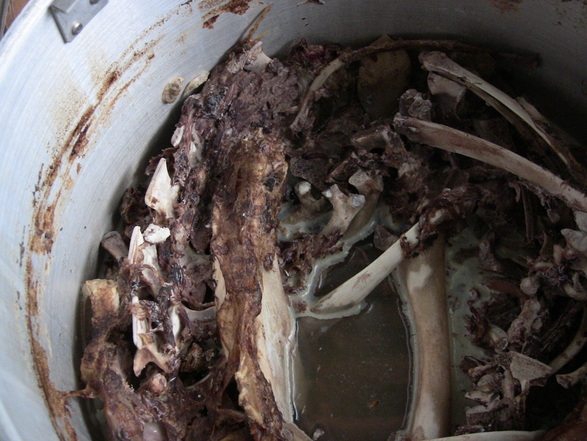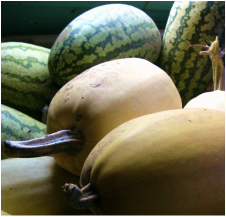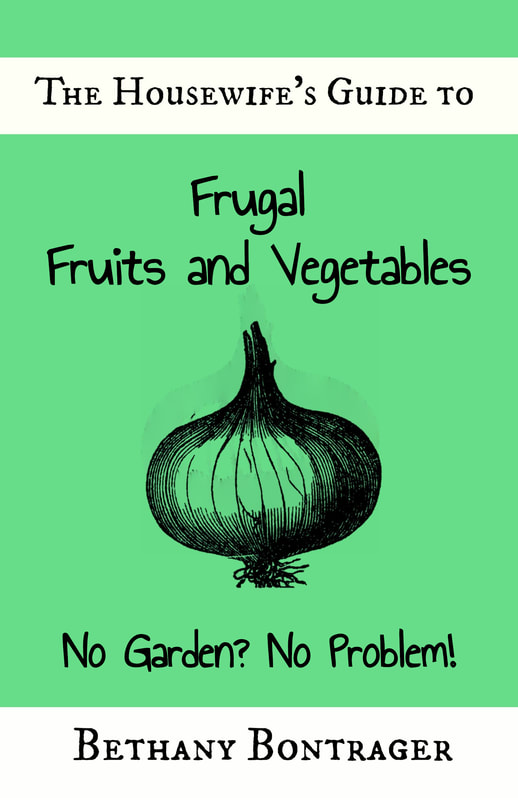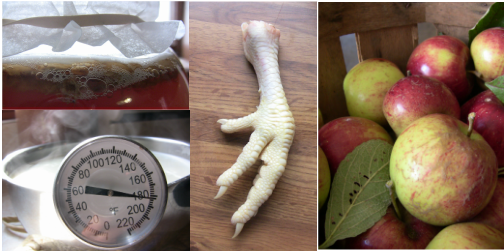Before refrigeration, freezers, and canning, there was fermentation. This was the "old school" way of preserving the harvest and every housewife knew how to do it. The practice became less common after the invention of home canning, and with modern conveniences like freezers, there is virtually no need to know the art and science of fermentation.
In recent years, especially after Sally Fallon's book Nourishing Traditions was published, fermentation has made a comeback. It is a cheaper, healthier way to preserve than canning, and you don't need much equipment to get started.
Fermentation & You
Perhaps you, like me, have already dabbled in fermentation. It can be a scary thing the first time you "rot" your first batch of fruit juice, milk, or vegetables. It starts to bubble and smell funny... what if it molds? It doesn't seem right to let food sit on the counter for several days. You're always supposed to keep hot food hot, and cold food cold. What about the bacteria??? Perhaps you got turned off by some pickles that started smelling like corn silage. Or maybe you tried making "cream cheese" that was strong enough to kill a horse.
If you've tried fermenting without success, take heart and don't be afraid to try again. Every other Friday I'll be sharing some of my fermentation secrets and recipes, my discoveries, failures and successes. You might just learn a thing or two! OR perhaps you might just share a thing or two about your experiences.
Join me next time as we discuss wild yeasts, airlocks, and root vegetables.
Happy Friday! :)










 RSS Feed
RSS Feed





